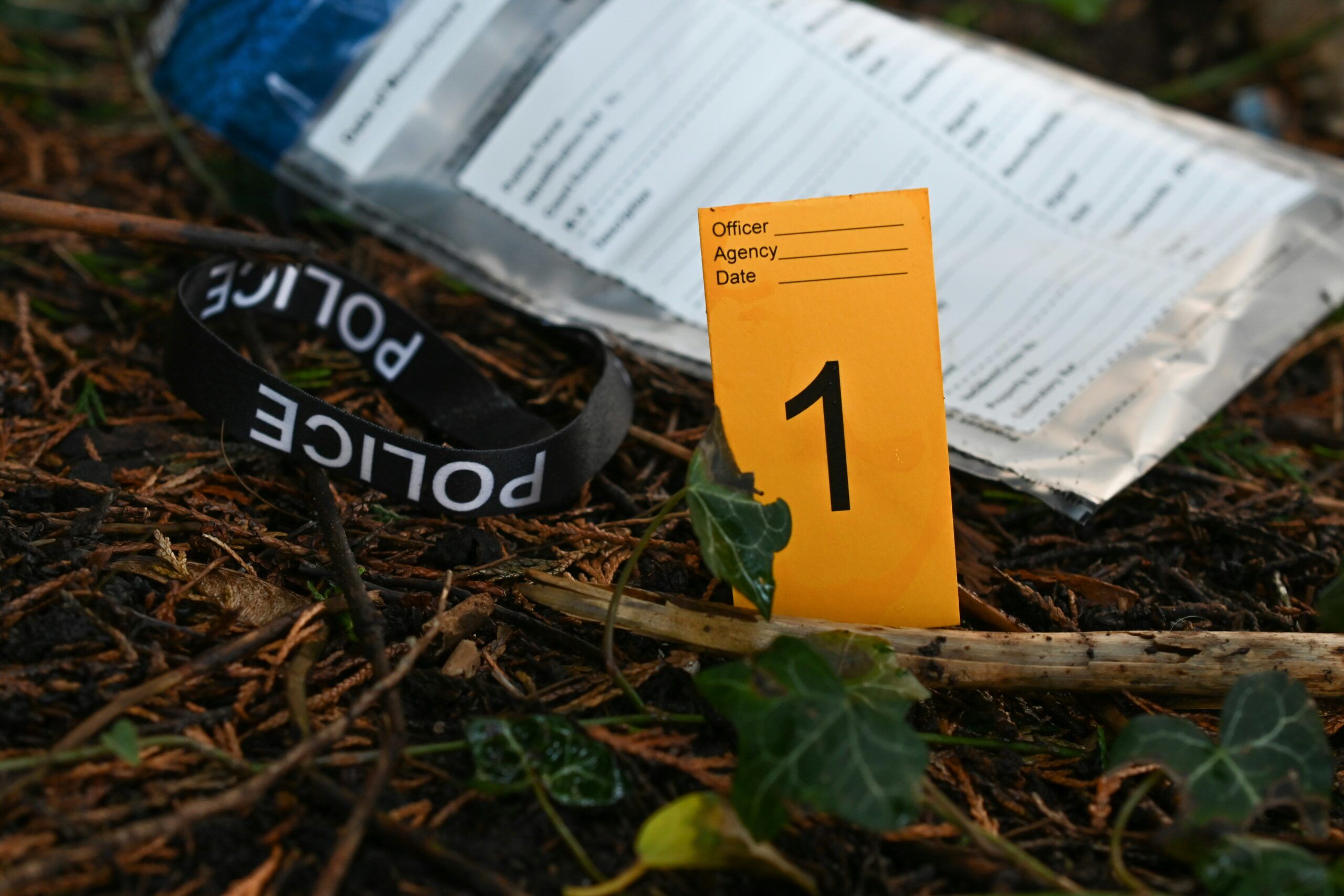Anything you post, tweet, like, or share on social media may be admissible in court. Even with your Facebook settings set to private, the opposing party could still get your social media activity through the civil discovery process. Social media evidence is being used in family law courts more and more across Kansas. Here are a few general rules to follow to help ensure that your social media use doesn’t have a negative effect on your divorce case:
Don’t Post Anything You Wouldn’t Want the Judge to See
Before you post, like, share or tweet anything, ask yourself one question: “Would I want the Judge hearing my case to see this?” If the answer is no, don’t post it.
Don’t Use Social Media to Degrade, Threaten, Harass, or Vent About Your Spouse
Emotions run high in divorce cases, but please think before you post and remember that social media is not the proper place to share your frustrations. Posts that attack the other party don’t help you. In fact, they could hurt hurt you. One factor in determining custody of children is which parent will be more supportive of the other parents relationship with the child.
Do Talk With Your Attorney
Let your attorney know that you have social media pages and which pages you have. Your attorney should be aware of any questionable content you have already posted so they can be prepared to deal with it. Likewise, often times there are postings that may help you and could be used in court.
Call one of our experienced family law attorney’s in Wichita at 316-262-9393 or Topeka/Lawrence at 785-234-3272.













